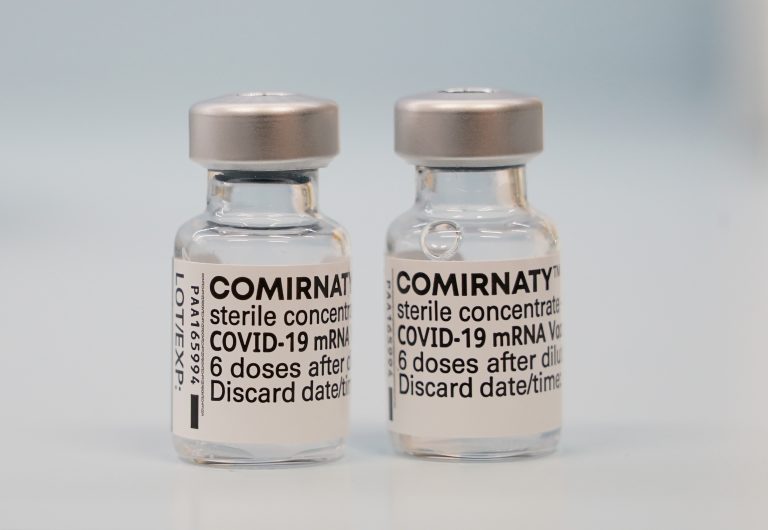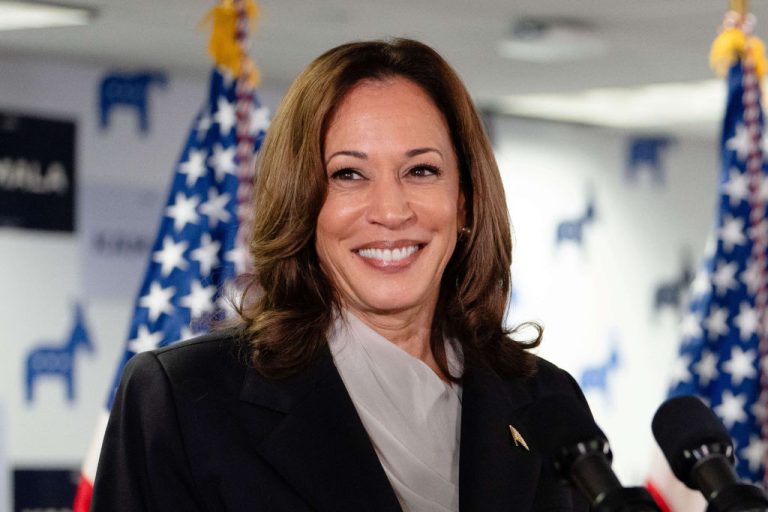On Sept. 22, the U.S. Food and Drug Administration (FDA) amended the Emergency Use Authorization (EUA) for the Pfizer COVID-19 vaccine to allow it to be used as a booster shot among certain populations. The booster shots are only to be administered to people six months after they are fully vaccinated.
The third jab is being recommended to be given to individuals aged 65 and above. Priority is also to be given to individuals between 18 and 64-years-old, who face a high risk of severe COVID-19, and those in the 18-64 age group whose “frequent institutional or occupational exposure” to the coronavirus-prone places them at a high risk of severe infection.
Acting FDA Commissioner, Janet Woodcock, claimed the decision demonstrated that science and data “continue to guide the FDA’s decision-making” process with regard to COVID-19 vaccines.
“After considering the totality of the available scientific evidence and the deliberations of our advisory committee of independent, external experts, the FDA amended the EUA for the Pfizer-BioNTech COVID-19 vaccine to allow for a booster dose in certain populations such as health care workers, teachers, and daycare staff, grocery workers and those in homeless shelters or prisons, among others,” Woodcock said in a statement.
To approve the single-dose booster shot, the FDA claims it analyzed data from the original clinical trial of the COVID-19 vaccine as well as other studies conducted in the United States, UK, and Israel.
Success
You are now signed up for our newsletter
Success
Check your email to complete sign up
In addition, an analysis submitted by Pfizer showed that COVID-19 infections were higher among people who had been fully vaccinated early on compared to those who got inoculated later, strengthening the case for booster shots.
As to the side effects, the most common complaints by those who received the booster shot were pain, fatigue, swelling and redness at the injection site, chills, joint pain or muscle pain, and headache. The agency also revealed that more swollen lymph nodes in the underarm region were seen following the booster shots than after the initial two-dose vaccination.
The FDA’s approval of booster shots for senior and high-risk individuals comes just days after its vaccine advisory panel voted 16-3 against recommending booster jabs to individuals aged 16 and above. Instead, they only supported boosters among those above the age of 65 and people who are at high risk of infection.
Throughout their meeting, the experts maintained a skeptical tone as to the necessity of the booster shot. An FDA slide presented at the meeting showed that the risk of severe COVID-19 outcomes among a healthy 30-year-old was just 0.0004 percent.
A member of the panel, Dr. James Hilderth, stated that he had a “serious concern” concerning myocarditis in young people. Myocarditis refers to the inflammation of heart muscle known as myocardium. Previously, the FDA had issued a warning that mRNA COVID-19 vaccines, like Moderna and Pfizer, could result in myocarditis among the younger population.
In an interview with Reuters, Dr. William Schaffner, medical director of the National Foundation for Infectious Diseases (NFID), pointed out that the FDA’s statement on who all can be eligible for booster shots is more expansive than what the panel had recommended.
“Very broad indeed, especially that ‘among others.’ That could essentially give the green light for giving boosters to a very substantial proportion of the previously vaccinated adult population,” Schaffner said.
Vaccinating children
The FDA’s booster shot approval comes as Pfizer is pushing to get its COVID-19 vaccine green lit for use among children as young as five years old.
In a Sept. 20 tweet, Pfizer announced “positive topline results” from their COVID-19 vaccine trial among children between the ages of 5 and 11.
“These trial results provide a strong foundation for seeking authorization of our vaccine for children 5 to 11 years old, and we plan to submit them to the FDA and other regulators with urgency,” Albert Bourla, Chairman and CEO of Pfizer, said in a statement.
The trial included the participation of 2,268 children who were given a two-dose regimen of the vaccine 21 days apart. The children were inoculated with a 10 microgram dose of the vaccine, which is a third of the 30-microgram dose that is used for individuals aged 12 years and above.
In an interview with the Associated Press (AP), Pfizer senior vice president, Bill Gruber, claimed that the vaccine proved safe for use on children, with fewer or similar temporary side effects as seen among teens. “I think we really hit the sweet spot,” Gruber said.
However, at a news conference held by Republican Senator Ron Johnson back in June the Senator countered the claim that Pfizer vaccines are safe for kids.
The conference was attended by a 12-year-old girl who had participated in a Pfizer vaccine trial. She had taken her second dose on Jan. 20. The girl, named Maddie, is now in a wheelchair.“Why is she not back to normal? She was totally fine before this… [She volunteered for the Pfizer vaccine trial] to help everyone else and they’re not helping here. Before Maddie got her final dose of the vaccine she was healthy, got straight As, had lots of friends, and had a life,” Maddie’s mother said.







